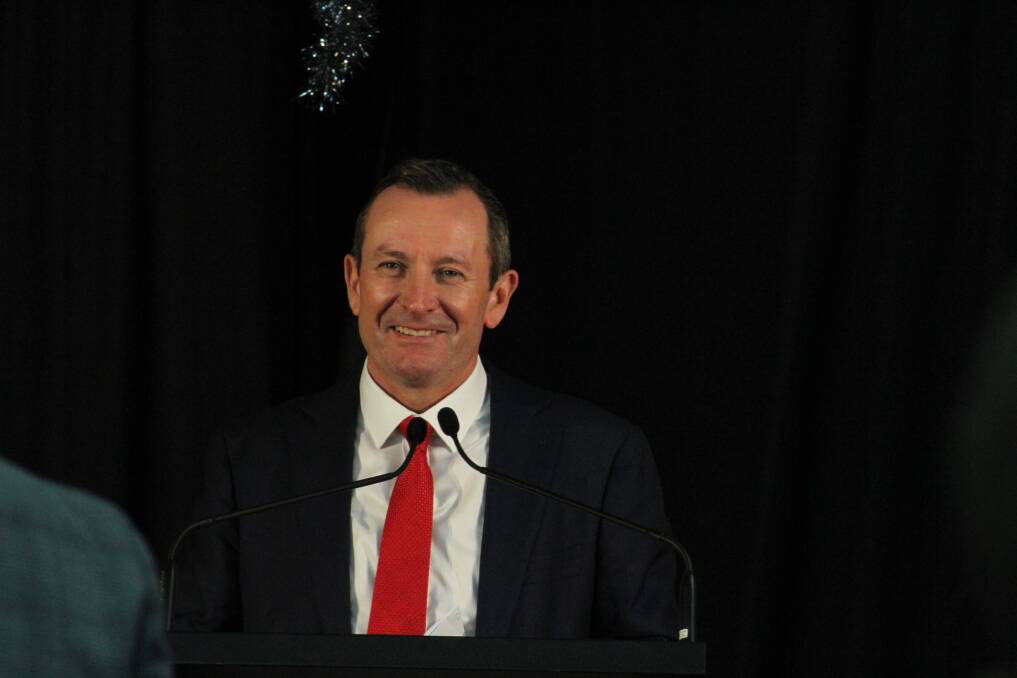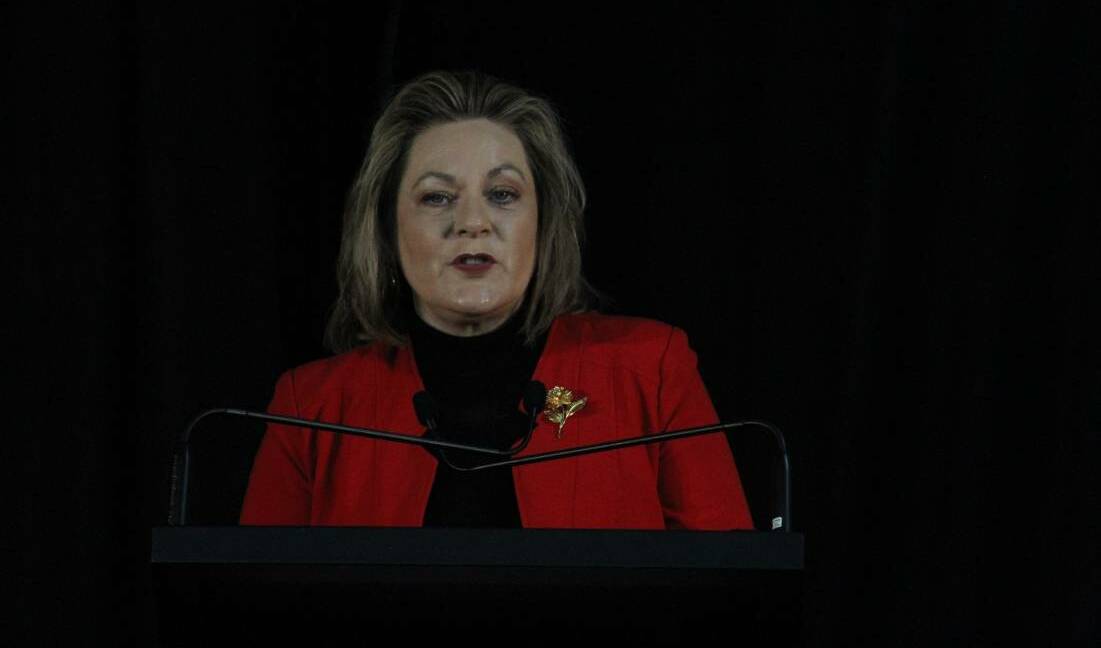
Premier Mark McGowan faced questions on building industry woes, unemployment, and leadership when he attended a state budget lunch in Mandurah.
The state government handed down the 2022-23 budget on May 12, banking a massive $5.7 billion surplus.
McGowan, in his capacity as treasurer, delivered new promises including cost of living relief, reforms to improve emergency departments and investment in regional infrastructure.
The most notable announcement from the budget was the $400 electricity credit to every household in the state.
Shadow Treasurer Steve Thomas said he welcomed the electricity credit but labelled the budget "another lost opportunity" for economic reform.
"Once again we have massive budget surplus but no plan for economic reform, and an inadequate debt repayment program."
At the Mandurah budget lunch, Mr McGowan said the $12 billion regional infrastructure package included local projects such as the Pinjarra Heavy Haulage Deviation and the Mandurah Estuary Bridge duplication.
Newly announced in the budget was the expansion of the Target 120 program into an additional nine locations including Mandurah.
Target 120 supports young people aged between 10 and 14 who are at risk of becoming repeat offenders and lost to the criminal justice system.
The Peel-Harvey Catchment Council was also allocated $480,000, which chief executive Jane O'Malley said would mean they could maintain a science advisor for four more years.
As the budget presentation ended, Mr McGowan and local members heard questions from attendees.
Lyn Beazley brought up Peel's higher unemployment rate and asked what opportunities there were for residents to live and work in the region.

Murray-Wellington MP Robyn Clarke said the Peel Business Park was the future for the region.
Sue Daley and steel company owner Gary Brown both asked what the state government would do to help construction companies impacted by increased material prices.
Ms Daley, who is the co-owner of a small building company, said the cost of steel had increased by 85 per cent in the last two years.
She also asked if there was any intent to review the Home Contracts Act 1991, which she said had put a lot of builders under pressure.
Mr McGowan took the questions on notice but agreed that the increase in prices had made it tough for the building industry.
"What's happened is the cost of products we acquire internationally like steel and glass has gone up," he said.
"The price has increased because of demand and supply pressures - then Vladimir Putin invaded Ukraine which has done all sorts of strange things to supply chains all over the world."
Read more:
As the event wrapped up, Shire of Murray communications manager Jamie Wilkinson asked the Premier what he had learnt from the last two years.
"You have to be flexible and be prepared to change your position very quickly," Mr McGowan said.
"A lot of the things we did like having to close borders sounded outrageous to start with and the next day you had to consider it and by the third day it was urgent we did it.
"Doing extraordinary things is sometimes required."

